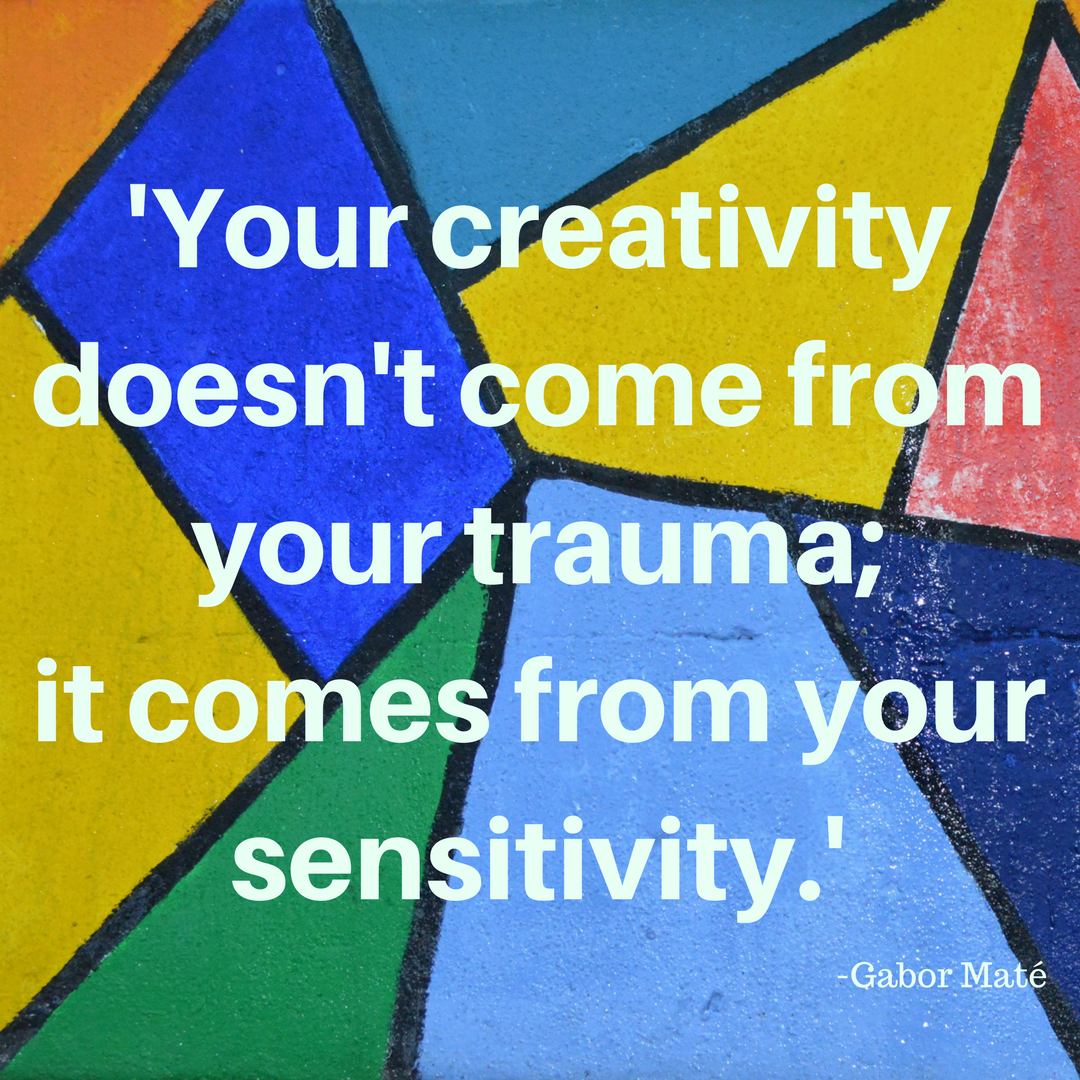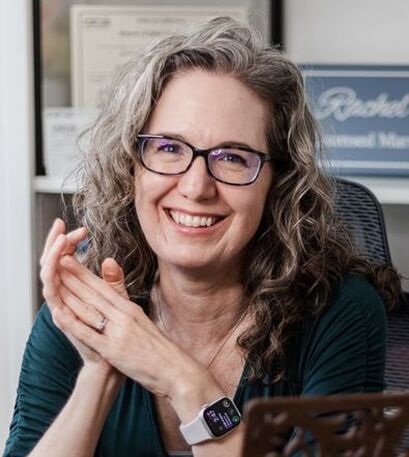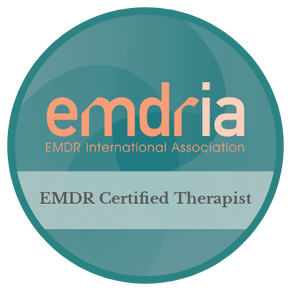|
By Rachel Moore, LMFT I was recently invited along with a few dozen other mental health clinicians to a small, salon-style discussion with author Gabor Maté. When I had the opportunity to ask him a question that night, he told me I was wrong. And I’m glad he did. If you’re not familiar with Maté, he is a renowned Hungarian-Canadian physician who specializes in neurology, psychiatry, psychology, and addiction. His basic premise is the mind and the body are inseparable. Maté’s books include “When the Body Says No: Understanding the Stress-Disease Connection” and “In the Realm of Hungry Ghosts: Close Encounters With Addiction.” Maté is also a Holocaust survivor, and he focuses on the effects of early childhood trauma in disease and addiction. In one interview, he said: “There are genetic predispositions to addictions, but they don’t cause addiction by themselves; they just increase the risk. In both animal and human studies subjects don’t become addicted if they receive the proper nurturing, even in the presence of predisposing genes.” Some have called Maté’s views reductionist and potentially harmful. Others have accused Maté of cultural appropriation in his use of native psychedelic plants for addiction treatment. (The Canadian government also had a thing or two to say about this practice.)
For the purposes of this blog post, I'll discuss my experiences meeting him that evening and talk about what I learned from our brief interaction. Maté’s style during the group discussion seemed compassionate, yet direct. A few times he asked questioners to check in with what emotions were coming up for them as they spoke. He also told one rambling participant: “You’re giving us a lot of information here, and I’m wondering if you’re going to get to your point soon because what you’re doing right now is not the purpose of this gathering.” When I realized I wanted to ask a question, I started trembling (my mind blamed the hotel ballroom’s overactive air conditioning, but my body knew better). I had no idea how this would go. I raised my hand and told Maté I work with many creative people as a therapist, and I am a creative person myself. I brought up a passage in his book "When the Body Says No" where he talks about the cellist Jacqueline du Pré. He writes that du Pré was a phenomenal musician at least in part because music was one of her only emotional outlets growing up. (She died in her early 40s after battling multiple sclerosis.) I then said many creative people like myself feel like we want to hang onto our trauma because that’s where our creativity comes from. Yet sometimes there are consequences to this. I don’t remember exactly how I phrased it, but my question went along the lines of: Is the pain of trauma worth the beauty of creation? And how do we resolve this? “You’re wrong,” Maté said. “You have it wrong. That’s not where your creativity comes from.” “OK!" I said. "This is what I want to hear." “Your creativity doesn't come from your trauma,” he said. “It comes from your sensitivity.” When I heard this I stopped trembling. Instantly, my body felt relaxed. I thought: “Yes. Yes, of course, I know this.” I think I laughed a bit. Maté also acknowledged trauma can affect the way creativity is expressed or the form it takes. But it's not the source, he said. Sensitivity is. Trauma can happen, of course, when that sensitivity is squashed. “You know why someone would tell another person to stop being so sensitive, yes?” he said. “Yeah,” I said. “Because when I see your sensitivity and I haven’t dealt with my own hurt, I don’t want to see it in you because it may activate the unresolved pain in me.” (Unfortunately, this response can shut down and shame the sensitive person, even if the ostensible purpose was to help them. We all have engaged in this at one time or another.) Maté said sensitivity is a trait that can’t be changed, like eye color or hair color. No matter how many times we hear, “Don’t be so sensitive,” or “Get a thicker skin,” our sensitivity will remain. After my interaction with Maté I understood, perhaps consciously for the first time, that creativity isn’t a response to trauma; it’s a natural byproduct of a person’s sensitivity to their environment, thoughts, feelings, and experiences. I now felt emboldened to reframe my work with clients from “treating their trauma” to “affirming and supporting their sensitivity.” It’s not as easy as it sounds, of course. Western culture doesn't support vulnerability, generally speaking. As children we are taught to be independent, take care of ourselves, and not reveal weakness. Many of us also are taught not to trust what our bodies tell us. It can feel like an uphill battle to try to reverse this conditioning in myself, let alone make space for others to heal. But what happens to a sensitive person when they are told their essence is fundamentally wrong? Maté might say disease, addiction, anxiety, or depression can result from this type of stress. I also would add creative blocks. Whereas Jacquline de Pré may have thrown everything into her art to cope with adversity, other people completely shut down their artistic impulses. In my experience, therapies such as EMDR and somatic experiencing that incorporate body sensations along with thoughts and feelings can be very effective at clearing trauma. Everyone is different, though, and we all must find what works best for us. If you are a creative person who feels reluctant to release your angst for fear it might destroy your creative drive, my hope is you will reconsider your belief. Who would you be without your trauma? What might you accomplish when you acknowledge and honor the “squishy” parts of yourself where play and adventure live? If you’re not ready to let go of your pain or you don’t have enough support right now to explore your vulnerability, it’s OK. There are many of us out there who are happy to wait to witness your light whenever it is ready to shine. Comments are closed.
|
AuthorRachel Moore, LMFT, is a Licensed Marriage & Family Therapy in San Diego, CA. Rachel helps writers, artists, musicians, and other creative types overcome anxiety and trauma. She is certified in EMDR therapy and also trained in Brainspotting. Archives
December 2023
Categories
All
|
Rachel Moore, LMFT
Licensed Marriage & Family Therapist MFT #102826
rachel(at)rachelmoorecounseling.com
www.rachelmoorecounseling.com
619-577-4514
Licensed Marriage & Family Therapist MFT #102826
rachel(at)rachelmoorecounseling.com
www.rachelmoorecounseling.com
619-577-4514
Address:
3232 4th Avenue
San Diego, CA 92103
3232 4th Avenue
San Diego, CA 92103
(Remote video sessions also available for residents of California or Montana)
We are committed to providing a safe, affirming, and inclusive therapeutic space for all ages, races, gender identities, sexual orientations, national origins, relationship statuses, health statuses, disabilities, ethnicities, and religions.
If you are in crisis, assistance is available 24/7 at:
San Diego Access & Crisis Line
888-724-7240
National Suicide Prevention Line
Call or text: 988
If you are in crisis, assistance is available 24/7 at:
San Diego Access & Crisis Line
888-724-7240
National Suicide Prevention Line
Call or text: 988


 RSS Feed
RSS Feed

